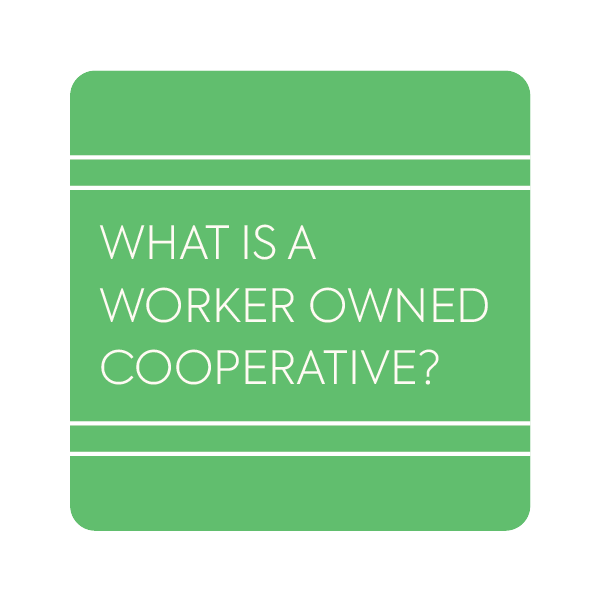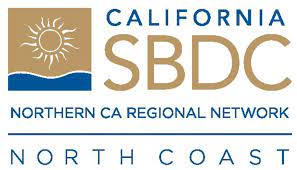
Any business can be worker-owned.
Start a worker-owned business or convert your existing business to worker-ownership.
-
LEARN how to start a co-op in our six-day Worker Owned Academy.
-
RECEIVE no cost cooperative business advising through the North Coast Small Business Development Center.
-
JOIN an existing co-op or join a team of people starting a co-op through our Cooperative Exchange.
No-Cost Cooperative Business Advising
Our Worker Owned Humboldt staff are all SBDC advisors, so you can access one-on-one support to start a co-op or sell your business to your employees.
Cooperative Exchange Listings
Join Guardian of Paws Dog Care Co-op
Do you love dogs?
Do you have experience caring for dogs?
Do you have reliable transportation?
Would you like flexibility in your schedule?
Would you like an opportunity to be a part of a new Worker-Owned Cooperative?
We are looking for more members to join our team as we formulate our business model and plan. We have provided a link below for more information about Worker-Owned Cooperatives, and about the support we receive from Cooperation Humboldt.
Please note that we are still in the process of getting things up and running, and it will likely be several months before we are ready to offer services to clients. You must be willing to put in 5-10 hours total per week for meeting times, and for completion of tasks outside of meetings.
Please respond to guardianofpaws@gmail.com and share a bit about yourself, your experience caring for dogs, and your availability.

A Worker-Owned Bicycle-Powered Compost Service in Arcata, CA.
We keep your food waste out of the landfill and in our local soil.
Restif Cleaning Cleaning Cooperative
We are a Humboldt County's largest and only 100% employee owned cleaning company. Our clients are the homeowners, commercial-industrial-retail businesses, governments, schools and property managers in this area.






